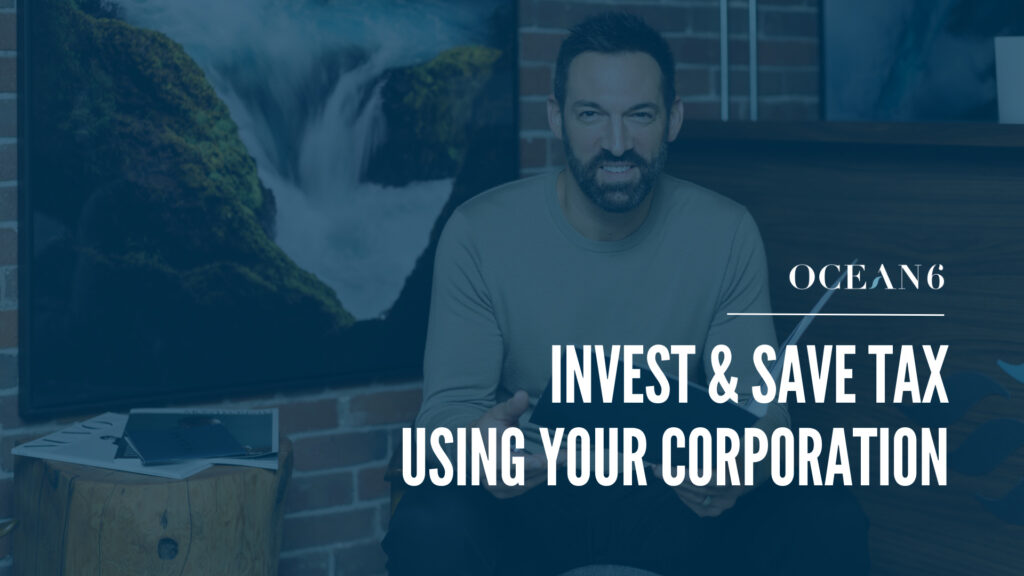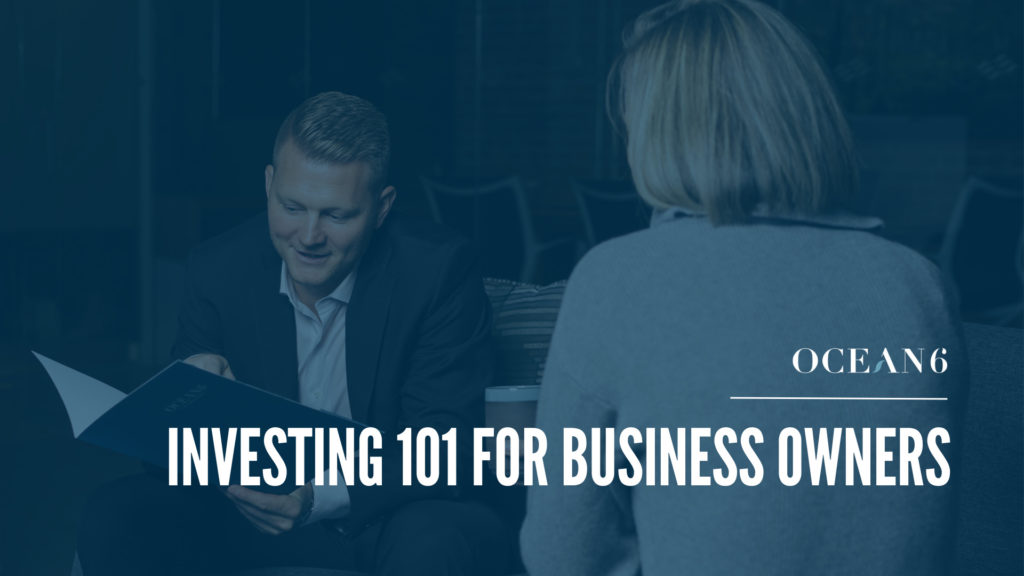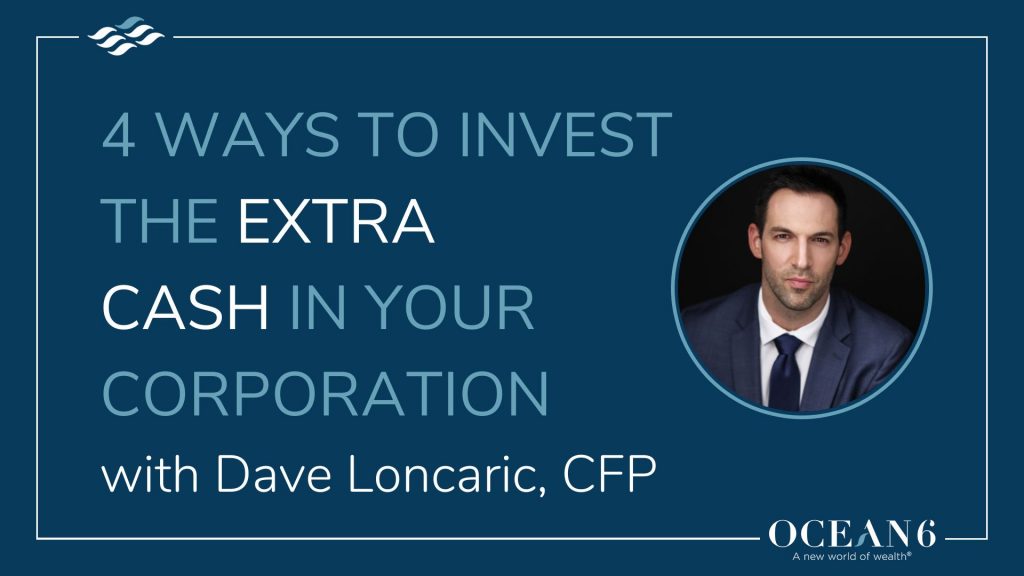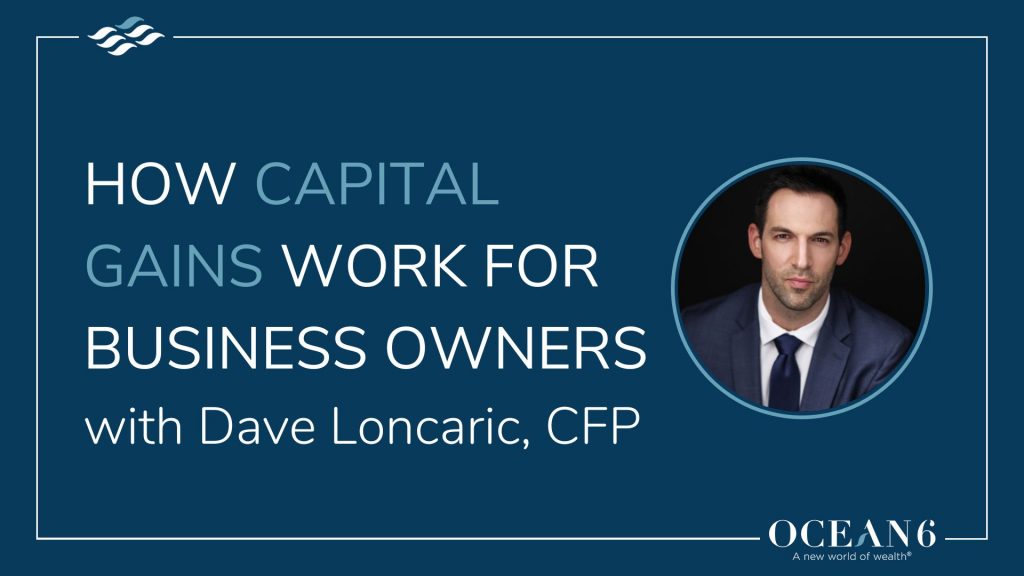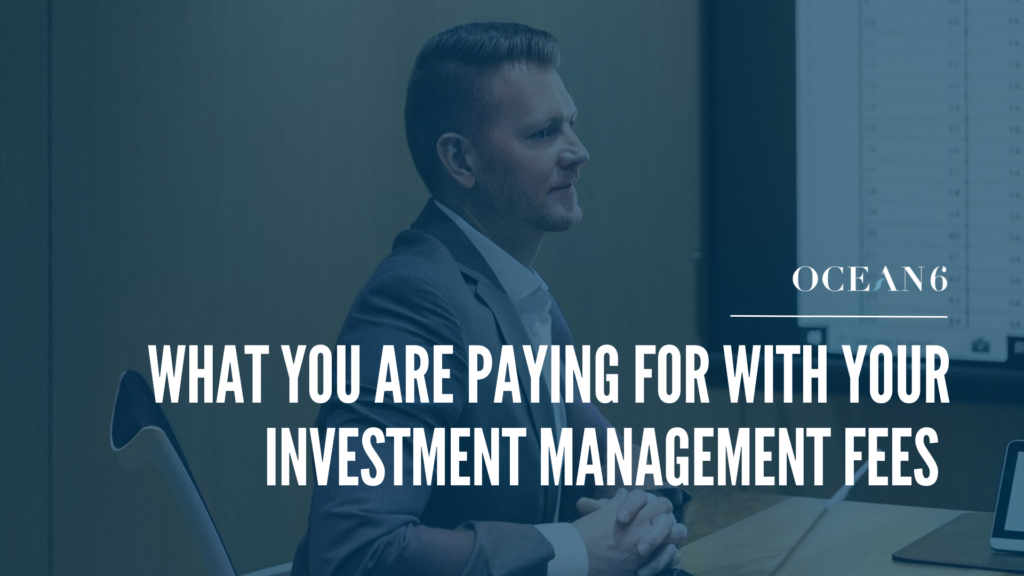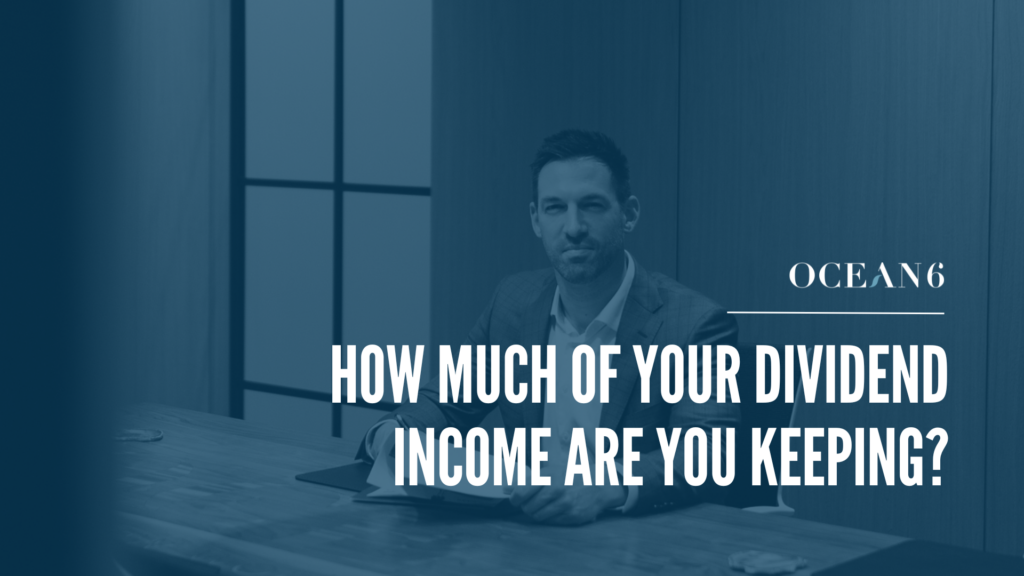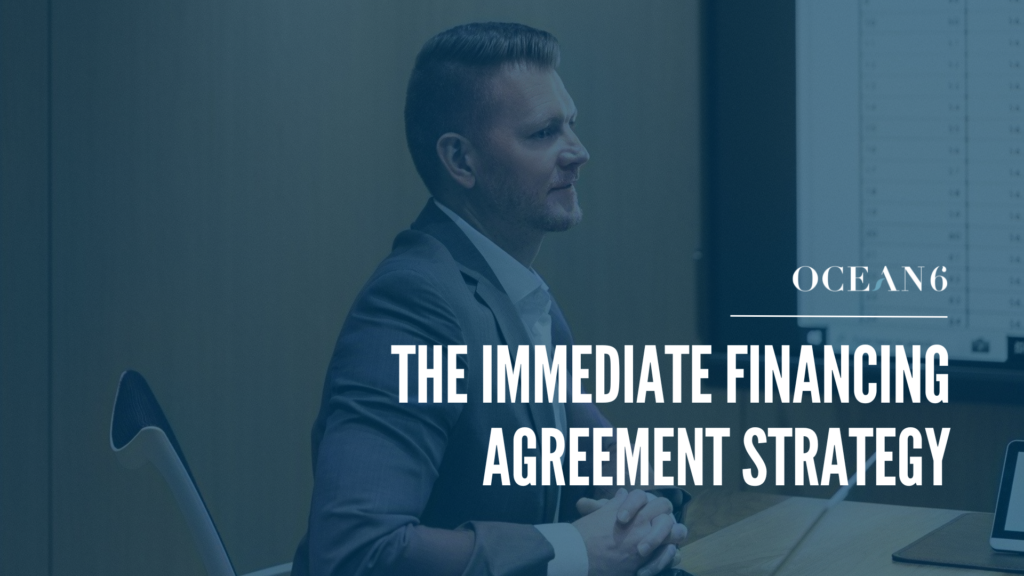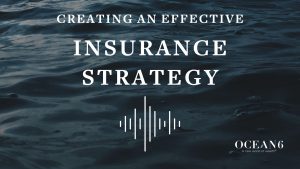Investment returns, management fees, and efficient taxation are all important when it comes to the big picture on where to invest your money. If you are confident your dollars are working for you in the right places, you have more time to focus on your goals.
This week’s podcast covers how to best structure your investment accounts and get the most out of your money.
How do we manage our investments? Is there such a thing as the ideal portfolio?
When the market is volatile, it’s unsettling to see our investments fluctuate in value, but commitment to the process is key: set your goals, agree on a time horizon and stick with it through good or bad.
Try to avoid making emotional decisions even if the news reports are shocking. People’s biggest mistake in times of volatility is selling low and missing out on the upside that will inevitably happen. The market always goes up over time.
An ideal portfolio is designed specifically for you based on your risk tolerance and goals. Instead of going at it alone, seek the help of an advisor you can trust, one you can have a candid conversation with.
There’s a fear that the market will see another drop or correction. Should people invest now or hold off and stick to cash?
You need to know your goals and timeframe to know whether to take advantage of the market or be conservative. If you have a long-term timescale, there are certainly opportunities in the market right now. Timing the market is challenging. If you get it wrong by just by one day, it could have a major effect on your net return. It is important to stay on track and stay invested.
Is there such a thing as ‘the best investment’ out there?
ETF’s, mutual funds, hedge funds, stocks, bonds – there are more financial products out there now than ever before. But there’s no single solution; all of them have their purpose, strengths, and risks. Once you know your tolerance and long-term horizon, then you can drill down and decide which suits your needs.
What are the benefits of investing in real estate over the stock market?
Throughout history, the stock market has performed significantly better than real estate. But It comes down to your goals and interests. We often suggest having a balance between the two.
Real estate can be beneficial because you are using a leverage strategy which means you are borrowing money to invest. If you invest $200,000 on a $1million property and the property’s value goes up 10% ($100,000), you’re getting a 50% return on your original $200,000 investment.
It’s hard to keep up to date with fluctuations in the value of real estate; it’s not like we get regular statements as we do with investment portfolios. When you do not see the change in value, and you’re not buying and selling day-to-day, the emotional relationship is very different. Real estate is usually looked at as a long-term investment. If we look at the stock market long-term and remove the emotional side of ups and downs, we could avoid reactive decisions. This is often an important part of working with an advisor.
How do fees work?
There’s nothing wrong with paying an advisor fees, but transparency is key. They should always be clear on where the money is going and what value you are receiving.
We’re very passionate about the transparency of the advisor’s role in the financial industry, and fees are a significant part of that. There are many “financial advisors” who only get paid through the commission from a product they sell. There is nothing wrong with that, but it should be clearly articulated how they get paid and what they do. If they get paid to sell a product, they are selling a product, not giving unbiased advice.
We demonstrate value on the fees we charge for advice, having saved clients thousands of dollars in taxes through cash flow tweaks, restructuring debt, and clever insurance strategies. People accomplish their goals much more quickly when we help them build a financial structure to fund a life that they’re proud of.
Everything is expensive in the absence of value. You should only pay for something if there is more value than the cost in it.
What is a risk profile, and why is it important?
There are always ups and downs when you take on risk, and everyone responds to this differently. A risk profile is an assessment of how comfortable you are with fluctuations in your portfolio. A good advisor will try to get to know you through a series of questions, what makes you unique, and what you’re trying to accomplish to determine your profile.
Your risk profile is never set in stone. It evolves just like our lives do. After a correction like we’ve recently seen, you might feel differently about risk compared to when the market is doing well. It’s the same with your goals; if you’re aspirations change, your risk profile can change too.
How much money do you need to retire?
There’s no set formula for how much you need for retirement. It comes down to the life you want to live. If you’re planning to watch Netflix for thirty years, you might be able to survive off $1,500 a month. If you want to travel the world, you might need $15,000 a month.
Take time to plan what you want at that time of your life. People are living longer; if you retire at 60, you could be looking at 40 years’ worth in retirement, so plan it properly and start as soon as you can.
Should I leave money in my corporation or put it in a Tax-Free Savings Account (TFSA)?
Calculate the net cost of putting money into a TFSA. Right now, the annual limit to put in a TFSA is $6,000. To take $6,000 out of your corporation, you must pay taxes. If those are personal taxes, it could be 40-50%, and if it’s dividends, you’re still paying approximately 30%. Either way, you’re writing a cheque to CRA that you will never get back. You can use more efficient strategies to minimize tax if you leave the money in your corporation.
If you can invest money that hasn’t been taxed, such as the tax-free dollars you can withdraw from your corporation using the capital dividends account, then investing in a TFSA becomes valuable.
Should I invest in a Retirement Savings Plan (RSP)?
RSPs can be beneficial if you invest while you’re at a high tax bracket and then withdraw at the end of your career in a lower tax bracket.
That often doesn’t work for business owners; you’ll likely be making more money at the end of your career due to the passive income and financial strategies you’ve set up. If you put the money in your RSP, you also tie it up for a long time. As a business owner, you may want to access that money to reinvest in your business which can be a much better retirement strategy.
Corporations are a valuable tax haven and an effective tool to grow your money. Business owners should always look at the net return after tax when considering investments.
This episode is part of our new podcast, A New World of Wealth. We launched this podcast to share tips to set business owners in Canada up for success. You can subscribe to Spotify and Apple.
If you’d like to talk through any of these strategies further, book a call, we’d be happy to discuss it.
